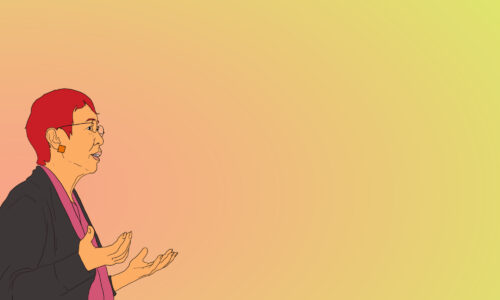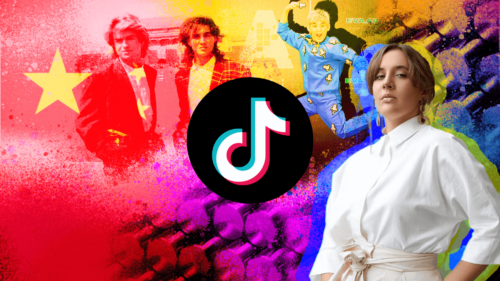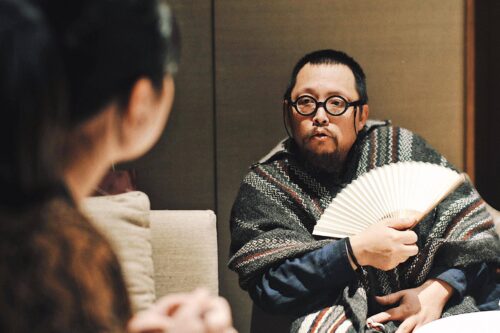Beijing court puts an end to China’s most significant #MeToo legal case
Zhou Xiaoxuan tried to appeal an earlier decision that ruled against her pivotal sexual harassment case. But not even a new legal framework was enough to win her day in court, in yet another setback in China’s embattled #MeToo movement.

A Chinese court rejected an appeal in a landmark sexual harassment case on Wednesday, dealing a fresh blow to the country’s beleaguered #MeToo movement.
Beijing No. 1 Intermediate People’s Court said that it “will uphold the previous judgment” over a case that began in 2018, when Zhōu Xiǎoxuán 周晓璇 (also known by the pseudonym Xiánzǐ 弦子) stepped forward to accuse popular state television host Zhū Jūn 朱军 of forcibly kissing and groping her while she interned for the network in 2014.
- Last year, a court threw out Zhou’s lawsuit against Zhu, stating that the evidence she submitted was “not sufficient to support her claim” that he had sexually harassed her.
- Zhu has consistently denied the allegations and retaliated by suing Zhou for hurting his “reputation and mental well-being,” demanding 655,000 yuan ($101,000) in compensation.
The appeal was Zhou’s attempt to countersue Zhu under China’s first-ever Civil Code. Enacted in 2020, the new law allows plaintiffs to pursue sexual harassment claims through civil courts rather than through the criminal ones. But even the new legal framework, which many activists initially applauded, did not help her in court, illustrating the arduous battle for many sexual assault survivors who have few protections under China’s hazy — and often patriarchal — legal system.
- “Like in many jurisdictions around the world, Chinese courts reverse the burden of proof in defamation cases. The burden reversal in combination with the ‘high degree of likelihood’ standard makes it easier to win defamation suits against survivors and creates a significant chilling effect,” Darius Longarino, a research scholar at the Yale Law School’s Paul Tsai Center, told The China Project right after last year’s court case.
- “A remaining problem [with the Civil Code] is that once survivors get to court, they run into the same evidentiary challenges described above,” he said.
Zhou’s case is one of many that have since come to light: Her allegations not only sparked a social media storm about sexual misconduct in the workplace, but also strengthened the #MeToo movement within China.
- Famous Chinese tennis star Péng Shuài 彭帅, who had previously accused former Chinese vice premier Zhāng Gāolì 张高丽 of sexual assault last year, came out of seclusion to talk to the media during the Beijing Games bubble this past winter. But multiple media appearances failed to ease public concern about her well-being amid fears that authorities were censoring her speech and restricting her movements.
- Nanjing University (NJU) found itself mired in controversy last November, after students protested the school’s inaction against campus-wide complaints over a peeping Tom, despite the authorities trying to shut them down.
- Last December, Chinese ecommerce giant Alibaba fired a female employee, who had accused her former boss of rape during a business trip in July, for “damaging the company’s reputation” and “violat[ing]” company rules.
“I’m disappointed, but it’s also somewhat expected,” Zhou told the Guardian shortly after the ruling. “I won’t give up, but I also don’t know what to do next. We seem to have exhausted all the legal means.”






